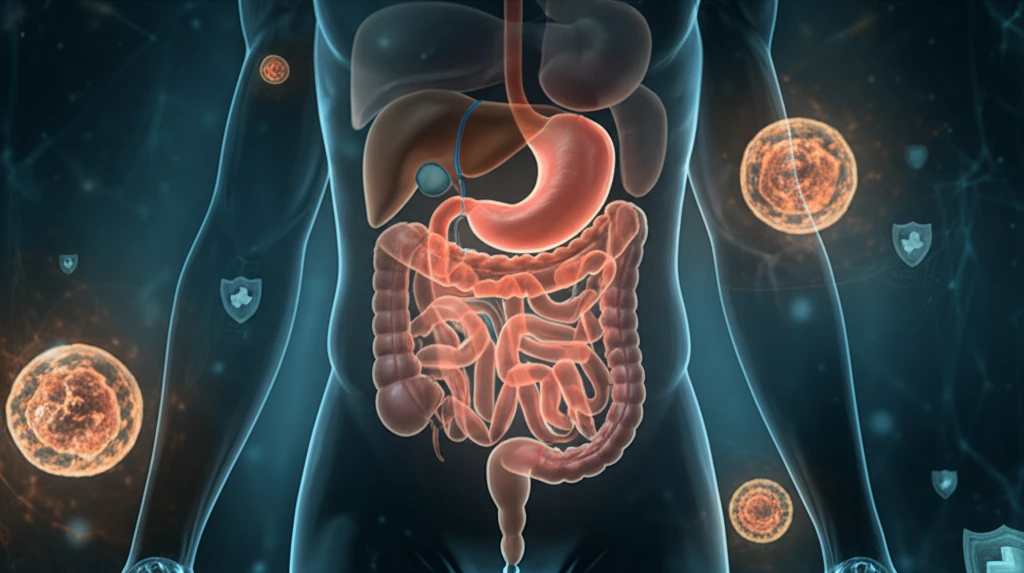
Unlocking Immunity: How Progesterone Could Be Your Gut's New Best Friend
"Discover the surprising link between progesterone and improved gut health, offering potential relief from intestinal infections and bowel disorders."
More than a quarter of the world's population grapples with intestinal helminth parasites, a condition often more prevalent in developing countries but increasingly recognized as a global health issue. Among these parasites, Taenia solium, a tapeworm, stands out not only for causing intestinal discomfort but also for its severe complications, like neurocysticercosis, which affects the brain and nervous system. This condition arises when the larval cysts of the tapeworm infect the brain, leading to seizures and other neurological symptoms.
Researchers have been exploring various avenues to combat Taenia solium, focusing on understanding host-parasite interactions and immune responses. One area of particular interest is the role of sex hormones, especially progesterone, in modulating the body's defense mechanisms against these infections. Studies suggest that progesterone might play a crucial role in how the body responds to the presence of these parasites, potentially influencing the severity and outcome of the infection.
This article delves into a fascinating study that investigated the effects of progesterone on intestinal immunity in a rodent model of Taenia solium infection. By understanding how progesterone interacts with the immune system in the gut, we can potentially unlock new strategies for treating and preventing intestinal worm infections in humans.
Progesterone's Protective Power: The Hamster Study

In a compelling study, researchers investigated progesterone's impact on golden hamsters infected with Taenia solium. The study divided female hamsters into three groups: a group treated with progesterone, a control group treated with olive oil (the vehicle), and an untreated control group. Over four weeks, the progesterone group received regular doses of the hormone, mimicking hormonal conditions that might influence the body’s response to parasitic infections.
- Reduced worm recovery by 80% in treated hamsters.
- Tapeworm length was diminished by 75% in progesterone-treated hamsters.
- Increased leukocyte proliferation in spleen and lymph nodes.
- Elevated levels of key cytokines (IL-4, IL-6, TNF-α) at the duodenal mucosa.
Implications and Future Directions
These findings suggest that progesterone plays a protective role against Taenia solium adult tapeworm establishment by enhancing intestinal mucosal immunity. This opens the door for exploring progesterone analogs as novel inductors of gut immune response, not only against intestinal helminth infections but also possibly other bowel-related disorders. Further research is needed to fully understand the mechanisms of action and potential therapeutic applications in humans, these findings offer hope for new strategies to combat intestinal infections and improve gut health.
